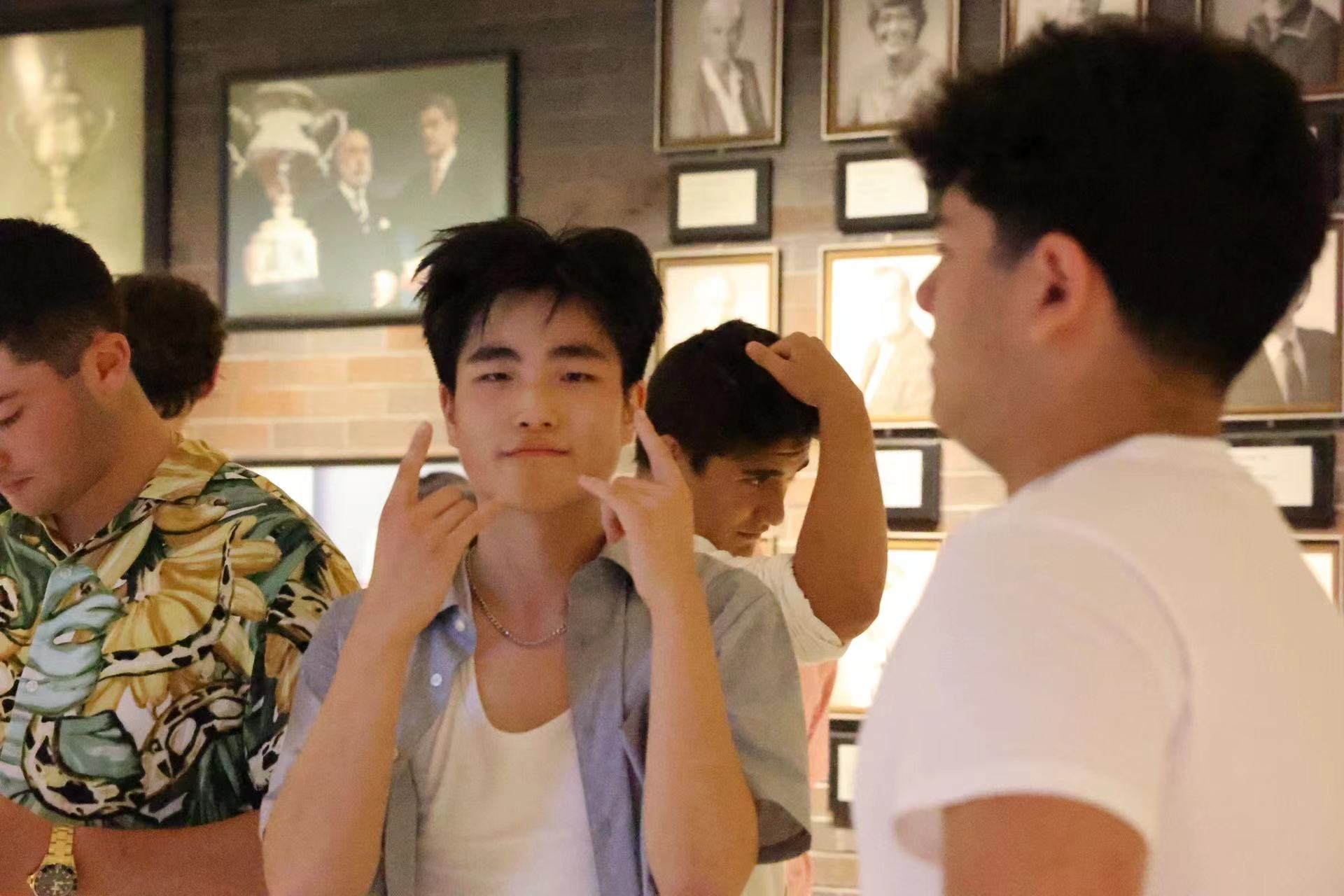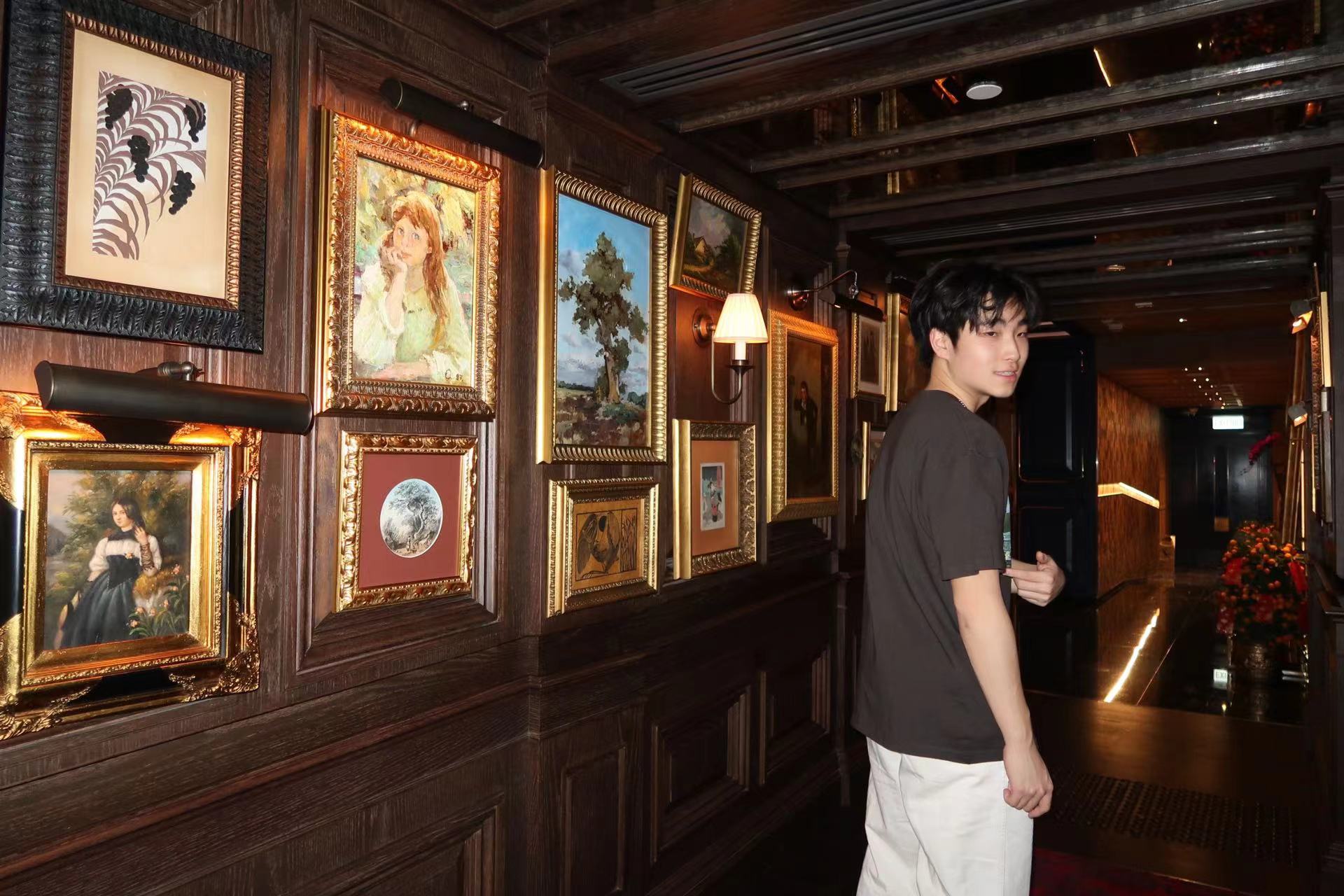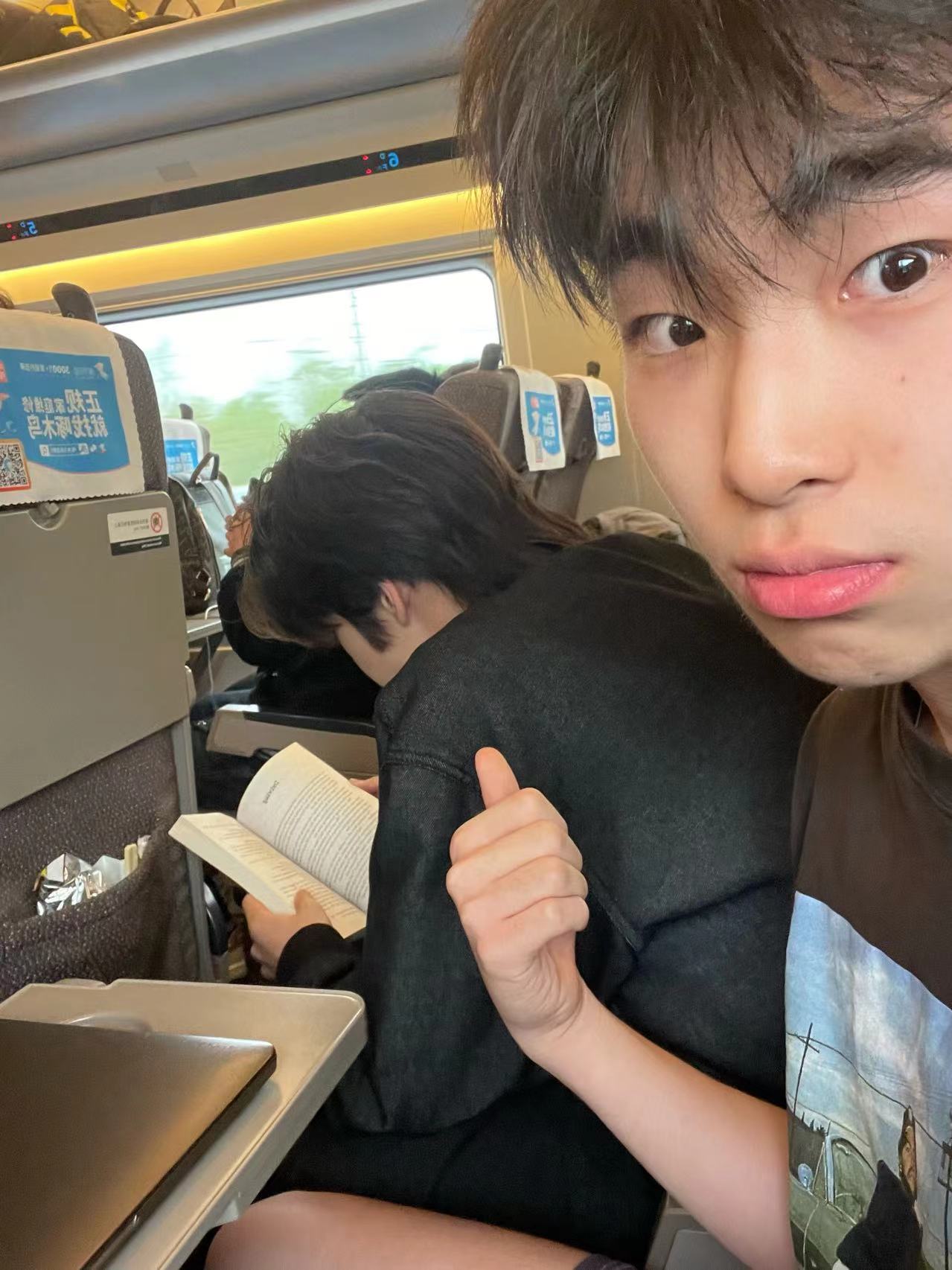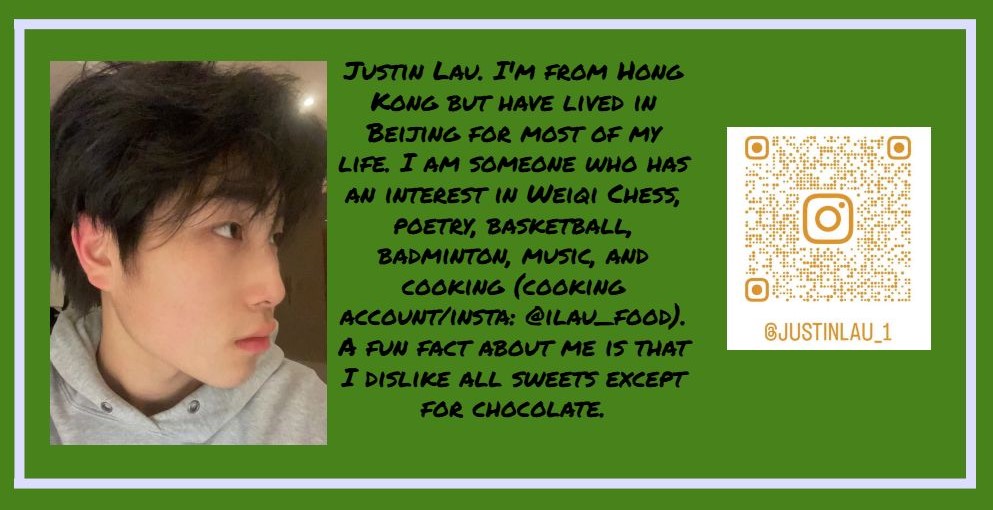“We live in a world that often tells us we must be the best at everything. Remember that being normal is more than okay – it’s liberating. It allows us to live more fully, love more deeply, and appreciate the simple joys that make life truly extraordinary. Embrace normalcy. Thank you, everyone.” (This was the ending paragraph of my speech.)

As the deadline approached for the first draft of my TEDx speech, I found myself surprisingly calm and unaffected, despite not even having a topic to write about yet. Sitting amidst stressed-out peers at the TEDx meeting, I observed people struggling to choose their subjects or rushing to complete their writing. However, I remained unfazed, still lacking an idea for my speech.
On my usual walk home that day, I experienced a sense of déjà vu when I encountered something that brought back memories within me. I witnessed a child being scolded by her mother for receiving a “bad” grade on a test. Her mother said, “I’ve invested so much money in your education, and this is what I get? Look at Jay, who consistently scores full marks. Learn from him!” Though the little girl remained silent, her tear-stained face said everything. Returning to my room and dropping my bag on the floor, I felt an uneasiness. I felt a pang of guilt for not speaking up for her, as I had once been a victim of similar circumstances. I had always yearned for someone to support me and understand my side of the story, but I never heard that voice. That very night, with the deadline the next day, I first decided to sleep early and request an extension. However, as soon as I closed my eyes, inspiration struck. I decided to write about the concept of normalcy.

I realized that today, everyone – parents, children, teenagers – strives for a singular goal: so-called “success.” People chase being the “best” and the most “successful,” often losing bits of themselves through the process. Growing up in a Chinese family, I was no stranger to self-criticism, guilt, and anxiety. I was constantly pushed to excel in every endeavor, whether it was playing the piano or mastering Go chess. I was never considered good enough until I was the absolute “best.” I was incessantly compared to successful leaders, businessmen, doctors, kids from our neighborhood or my parents’ friends’ children. I pushed myself relentlessly to meet this standard, but I realized that I was fragmenting, losing touch with who I truly was. I was diving into the abyss of “success.” However, I found myself again, by embracing normalcy, and more importantly embracing myself. Once I found myself, I didn’t blame the pressure put upon me by my parents, I, in fact, felt sympathetic for them, because they also went through all of this and were forced to repay this vicious cycle by believing this is the only righteous path to take in life.

But I also noticed that I seemed to be one of the few awakened from the dream of success. That didn’t provide me joy, in fact, it bothered me deeply and fueled my determination to write the speech. I wanted to give voice to those trapped in the shackles of success and guide them towards freedom.
In my speech, I aimed to emphasize a crucial point: Blindly pursuing society’s superficial standards of success is absurd. We live in a world where success is often equated with wealth, fame, or physical appearance. But should these really be the standards by which we measure success? Should we sacrifice priceless elements of life that lie far beyond the reach of this so-called success? I felt empathy for those restrained by the chains of success, for the dreams shattered in the pursuit of this narrow path, for those who regretted not following their true passions only on their deathbeds. I am more than motivated to challenge this standard, fully aware that I alone couldn’t alter it, but knowing that a voice carries more weight than ignorance.

A week before the TEDx event, I asked about who would attend this event. I was informed that parents and children would be attending. This further motivated me to speak from the depths of my soul. I wanted parents to acknowledge the hardships their children endure by being forced into this absurd standard of success. I wanted children to know that it’s okay to pursue their true dreams, to break free from the clutches of success, and soar toward freedom.
“Hi, everyone, my name is Justin Lau. To introduce myself, I could say that I love to try a lot of different things, and have a lot of different identities, but I’m never really the best at any of them or live up to the expectations of these identities. I’m not the best brother, not the best student. I’m not the best at sports, I can’t talk to girls, and I’m not the best TEDx speaker. You could see me as many things, but you can’t see me as a complete failure.” This marked the beginning – the introduction – of my speech. I bared my true self to the audience, demonstrating the clarity and unflappability that come from within when embracing normalcy and one’s authentic self.
Dear reader, if you have made it this far, please know that this article is more than just a documentation of my speech-writing process. It is a message for you as well. I hope you find the strength deep within you to break free from the confines of “success.” I hope you discover the courage to embrace your true self and, above all, embrace normalcy. Let the message spread.

Images: Justin Lau


